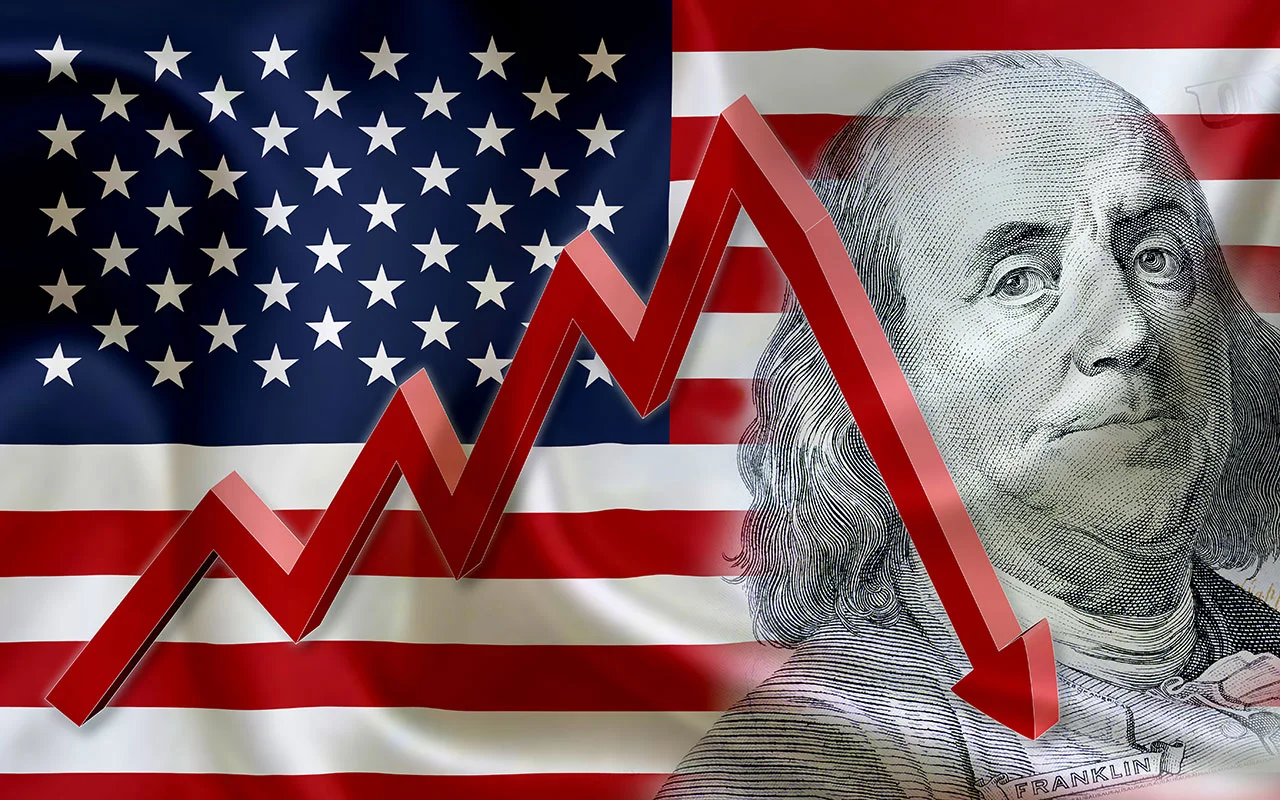Economist Predicts Rough Year Ahead for U.S. Economy Amid Trade Tensions
05.05.2025 20:00 2 min. read Alexander Stefanov
Mark Zandi, Chief Economist at Moody’s Analytics, is sounding the alarm over what he believes could be a turbulent stretch for the U.S. economy.
In a recent interview, Zandi cautioned that ongoing trade conflicts, rising tariffs, and global uncertainty are pushing the U.S. dangerously close to recession territory.
He believes there’s now a better-than-even chance that the world will slip into a recession this year. The outlook, according to Zandi, has been weighed down by deteriorating trade dynamics, with little sign of resolution. “Every day the trade war drags on,” he warned, “the damage grows.”
Zandi argued that the lack of clarity in economic policy is shaking business and consumer confidence. While a policy reversal could still avert the worst-case scenario, he admitted his optimism is fading. He expects the coming six to twelve months to test both markets and households, even if a formal recession doesn’t take hold.
The real estate sector, already strained by affordability and credit issues, could face some of the harshest impacts. Zandi’s warning joins a chorus of concern from other top names in finance. JPMorgan’s Jamie Dimon has cautioned about the drag of U.S.-China tensions, while economist Steve Hanke and Bridgewater’s Ray Dalio have both flagged systemic risks if current policies persist.
With recession odds climbing—now hovering around 72% on prediction markets—investors and businesses may need to brace for a period of economic stress as 2025 unfolds.
-
1
Robert Kiyosaki Predicts When The Price of Silver Will Explode
28.06.2025 16:30 2 min. read -
2
Trump Targets Powell as Fed Holds Rates: Who Could Replace Him?
27.06.2025 9:00 2 min. read -
3
U.S. PCE Inflation Rises for First Time Since February, Fed Rate Cut Likely Delayed
27.06.2025 18:00 1 min. read -
4
Key U.S. Economic Events to Watch Next Week
06.07.2025 19:00 2 min. read -
5
US Inflation Heats Up in June, Fueling Uncertainty Around Fed Cuts
15.07.2025 16:15 2 min. read
US Inflation Heats Up in June, Fueling Uncertainty Around Fed Cuts
U.S. inflation accelerated in June, dealing a potential setback to expectations of imminent Federal Reserve rate cuts.
Gold Beats U.S. Stock Market Over 25 Years, Even With Dividends Included
In a surprising long-term performance shift, gold has officially outpaced the U.S. stock market over the past 25 years—dividends included.
U.S. Announces Sweeping New Tariffs on 30+ Countries
The United States has rolled out a broad set of new import tariffs this week, targeting over 30 countries and economic blocs in a sharp escalation of its trade protection measures, according to list from WatcherGuru.
Key U.S. Economic Events to Watch Next Week
After a week of record-setting gains in U.S. markets, investors are shifting focus to a quieter yet crucial stretch of macroeconomic developments.
-
1
Robert Kiyosaki Predicts When The Price of Silver Will Explode
28.06.2025 16:30 2 min. read -
2
Trump Targets Powell as Fed Holds Rates: Who Could Replace Him?
27.06.2025 9:00 2 min. read -
3
U.S. PCE Inflation Rises for First Time Since February, Fed Rate Cut Likely Delayed
27.06.2025 18:00 1 min. read -
4
Key U.S. Economic Events to Watch Next Week
06.07.2025 19:00 2 min. read -
5
US Inflation Heats Up in June, Fueling Uncertainty Around Fed Cuts
15.07.2025 16:15 2 min. read


